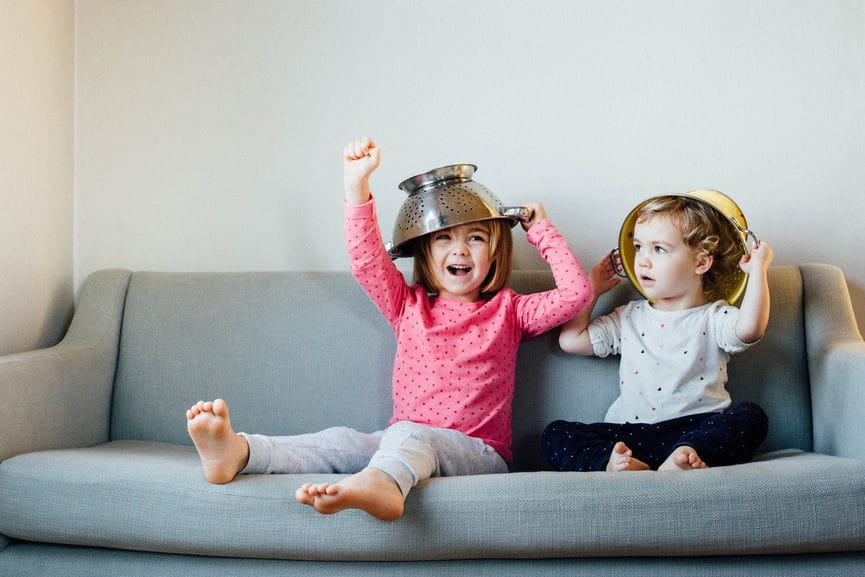It's the Year 2040: Who Will Your Child Be When He's All Grown Up?

Type “parenting books” into Amazon, and you’ll get a staggering 104,000 hits. The sheer volume of information can feel so overwhelming. Whose advice should you follow? How do you know if it’s “right”?
Ann and I don’t believe in right vs. wrong. With a combined 31 years of parent education experience between us, we think that the best place for parents to start is exactly where they are now.
Our approach to empowering families is not one-size-fits-all, quick-fix-y, or formulaic. (After all, there’s no such thing as a formulaic family.) We believe in helping parents discover what they value, what kind of family they want to create, and how to chart their own unique course forward. Our goal is to help families parent with the end in mind. That means setting the intentions you want for your family, whoever you may be.
To take a first step, we want to share with you a simple but powerful exercise we use to kick off our classes. We call it the Open Door. It may be one of the best conversations you can have with your partner about how you want to parent.
Let us know what you think.
Step 1. Close your eyes and imagine the future—we mean really imagine it. Fast forward 15 years, maybe 25. You’re at home, when you hear a knock. You go to the front door, open it, and see the person you love most in the world standing on your front steps: your son or daughter, now grown up, home for a visit. In that moment, who do you want to see? Who do you want your grown-up child to be?
Step 2. Write down all of the qualities you hope your grown-up child will possess. (There aren’t any right or wrong answers, so don’t self-edit!) Do you want her to be respectful, kind, confident, adventurous, bold, or self-reliant? All of the above? Some people value formal education. Some value a sense of humor. Make the list as long as you like.
Step 3. With your partner, edit your list down to the top five qualities you most value. This list will be your guide and help you focus on the future and your long-term goals.
Step 4. Post this list of characteristics in your house where you will see them—literally tape it up on the wall! This is the beginning of parenting with the end in mind.
In our workshops, we often ask parent to reflect on their list and to look for areas where their parenting style doesn’t match their intentions.
Here are some of the things we’ve heard from parents:
- I value confidence, but really I tend to rush in to fix things for my son when he gets even a little bit frustrated.
- I wrote down independent, but I’m still tying her shoes and getting her dressed in the morning, even though she’s capable of doing those things.
- I want her to be content, but it feels like our family is in a constant rush. I see we’re not really modeling contentment ourselves.
How did your list turn out? What kinds of conversations did it spark with your partner? Let us know, and we look forward to getting to know you all better in the coming months.




